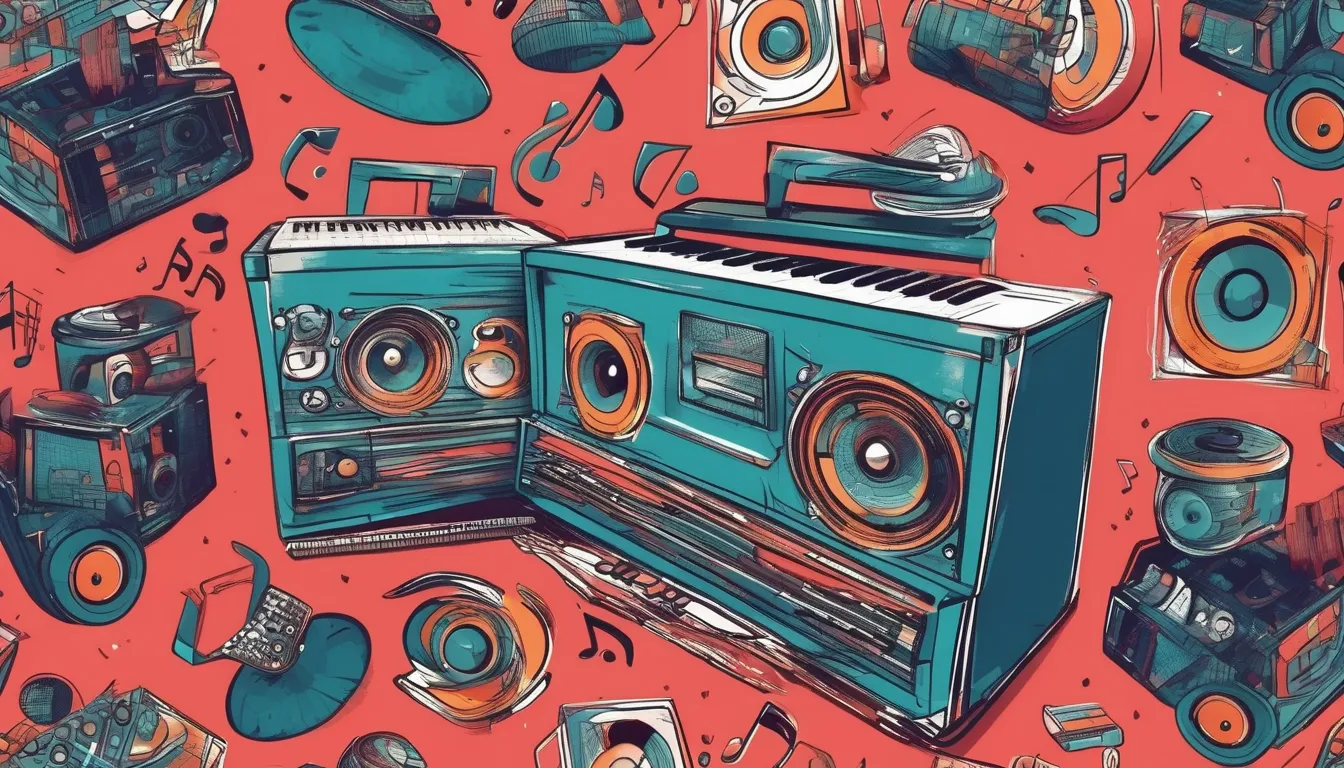When you hear a song that was significant to you in the past, it’s likely that memories come flooding back. But have you ever stopped to think about why this happens? Research has shown that music is closely tied to memory, with the brain’s auditory cortex playing a key role in linking musical memories to emotions and experiences. This connection is what makes music such a powerful trigger for recalling memories, but it also raises some interesting questions – such as, what exactly happens in the brain when this connection is made, and how can music unlock memories that were thought to be lost forever?
The Science of Musical Memories
Your brain’s ability to recall musical memories is rooted in its unique neural structure. The auditory cortex, located in the temporal lobe, plays a crucial role in processing music.
When you hear a song, the auditory cortex breaks it down into its various components, such as melody, rhythm, and harmony. These components are then stored in your brain’s memory banks as a complex network of neural connections.
Research has shown that musical memories are often linked to other memories, such as emotions, events, and experiences.
This is because the auditory cortex is closely connected to other brain regions, including those involved in emotional processing and memory formation. As a result, when you hear a song that’s associated with a particular memory, the neural pathways that were activated when you first experienced the song are reactivated, allowing you to recall the memory with remarkable accuracy.
The brain’s ability to store and retrieve musical memories is also influenced by the concept of pattern separation, which refers to the process of creating distinct neural representations for different music blog al patterns.
How Music Triggers Emotions
The Connection Between Music and Memory
How Music Triggers Emotions
Music has an uncanny ability to evoke powerful emotions, often in a matter of seconds. When you hear a song that resonates with you, it can bring back a flood of feelings and sensations. But why does this happen? Research suggests that music triggers emotions by activating the brain’s reward system, releasing dopamine and stimulating the release of other neurotransmitters.
| Emotional Response | Neurotransmitters Involved | Brain Regions Activated |
|---|---|---|
| Happiness | Dopamine, Endorphins | Nucleus Accumbens, Cerebral Cortex |
| Sadness | Cortisol, Adrenaline | Amygdala, Hippocampus |
| Fear | Adrenaline, Cortisol | Amygdala, Hypothalamus |
| Nostalgia | Dopamine, Serotonin | Hippocampus, Cerebral Cortex |
| Excitement | Dopamine, Endorphins | Nucleus Accumbens, Cerebellum |
When you listen to music, your brain is processing a complex mix of melody, harmony, and rhythm. This processing activates different brain regions, triggering the release of neurotransmitters that influence your emotional state. By understanding how music triggers emotions, you can harness its power to enhance your mood, reduce stress, and boost your overall well-being.
Memory Recall Through Music
Music’s capacity to unlock memories is just as impressive as its ability to evoke emotions. You’ve likely experienced this phenomenon before – hearing a song that instantly transports you back to a specific moment in time.
This is because the brain processes music in a unique way, triggering a powerful connection between the auditory cortex and the hippocampus, the region responsible for forming and storing memories.
When you hear a familiar song, it can instantly recall memories associated with that song. This can be especially true for songs that were significant to you during important life events, such as graduations, weddings, or first loves.
Here are a few ways music can trigger memory recall:
- Association with life events: Music can be linked to specific events or periods in your life, making it easier to recall memories associated with those events.
- Emotional connection: Music that evokes strong emotions can also trigger memories associated with those emotions.
- Sensory triggers: The melody, rhythm, or lyrics of a song can serve as sensory triggers, recalling memories that are linked to those sensations.
The Role of Nostalgia
The Connection Between Music and Memory
The Role of Nostalgia
Hearing a song that instantly recalls memories can also trigger a powerful sense of nostalgia. You might find yourself reminiscing about a specific period in your life, a memorable event, or an important person associated with that song.
This emotional response occurs because music is often tied to significant experiences and relationships in your life. When you hear a song that evokes nostalgia, it can transport you back to a bygone era, recreating the emotions and sensations you felt at the time.
As you reflect on these memories, you may notice that nostalgia can play a dual role. On one hand, it can bring you comfort and joy, allowing you to relive happy moments from your past.
On the other hand, nostalgia can also evoke bittersweet feelings, such as longing or melancholy, especially if the memories are tied to something or someone you’ve lost. Either way, music’s ability to trigger nostalgia highlights its unique capacity to tap into your emotional memory, making it an integral part of your personal history.
Music’s Impact on Brain Function
Your brain’s ability to associate music with memories is closely tied to its unique function. Research suggests that music activates multiple areas of the brain, releasing the neurotransmitter dopamine, which strengthens emotional connections.
This process is integral to the formation of memories and explains why music often evokes vivid recollections.
When you listen to music, your brain processes the melody, rhythm, and lyrics, triggering an emotional response. This emotional connection can transport you back to a specific moment in time, allowing you to relive memories associated with that music.
Here are three ways music impacts brain function:
- Music stimulates neural plasticity: The brain reorganizes itself in response to musical experiences, strengthening connections between neurons.
- Music activates the default mode network: This network, responsible for introspection and self-reflection, is also active when you engage with music, fostering a sense of personal connection.
- Music releases dopamine: This neurotransmitter reinforces the emotional connection between music and memories, solidifying their association in your brain.
Conclusion
You’ve probably experienced it – a song plays and suddenly you’re transported back to a moment in time. The connection between music and memory is powerful, and research explains why. By tapping into emotional memory, music triggers emotions and unlocks memories. This complex phenomenon is deeply personal, and understanding it can help you appreciate the impact music has on your brain and your memories. It’s a connection that can be both nostalgic and therapeutic.



